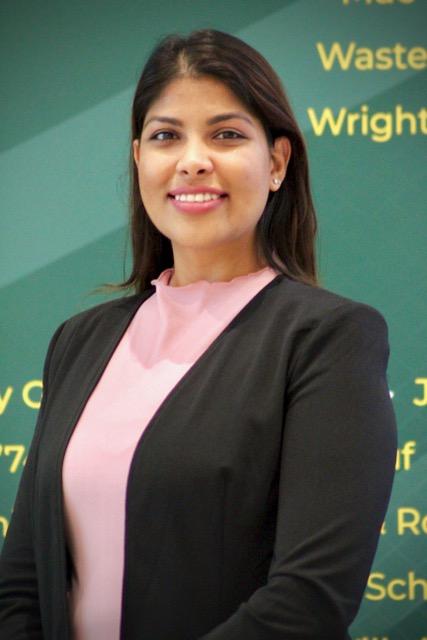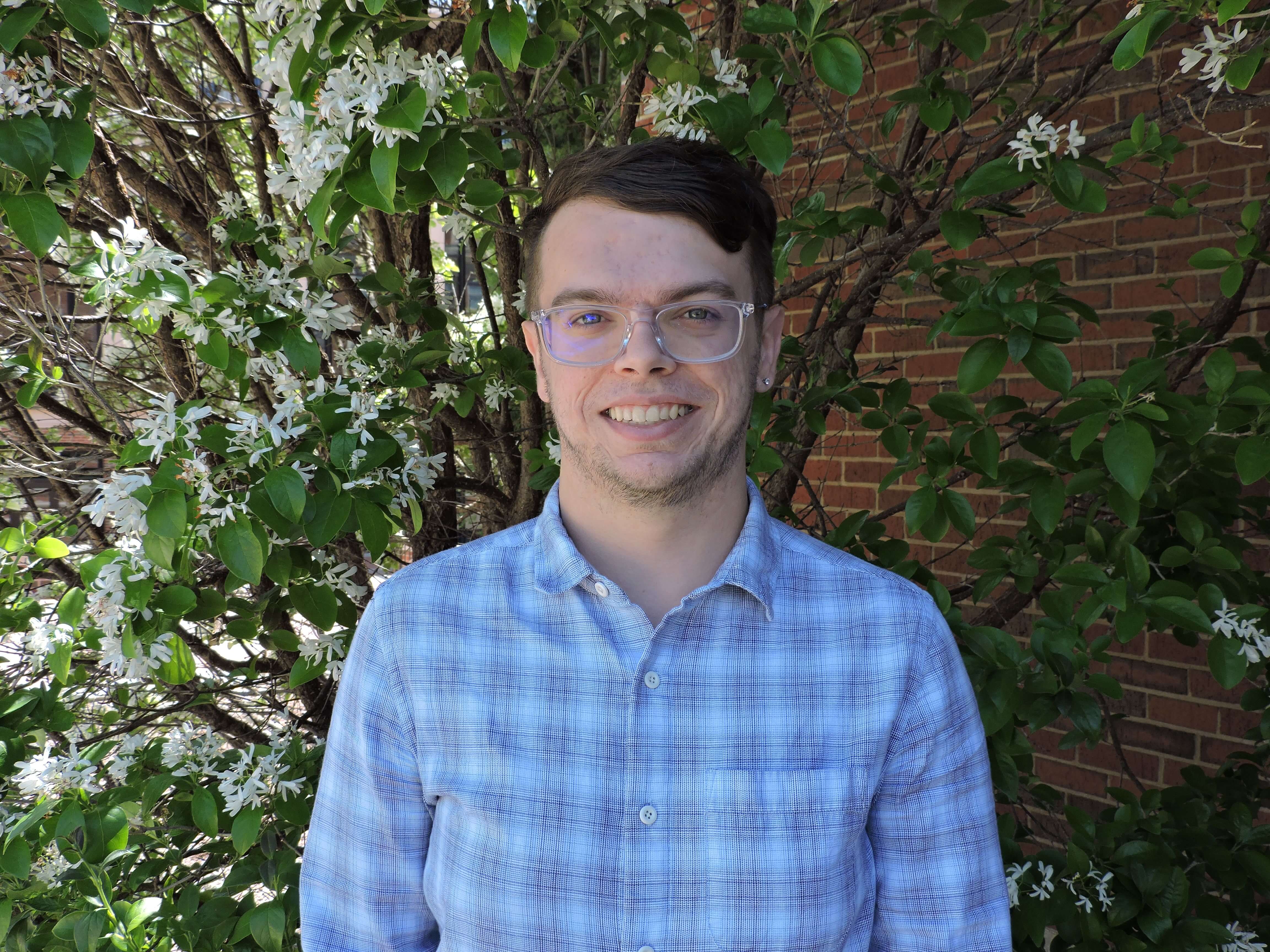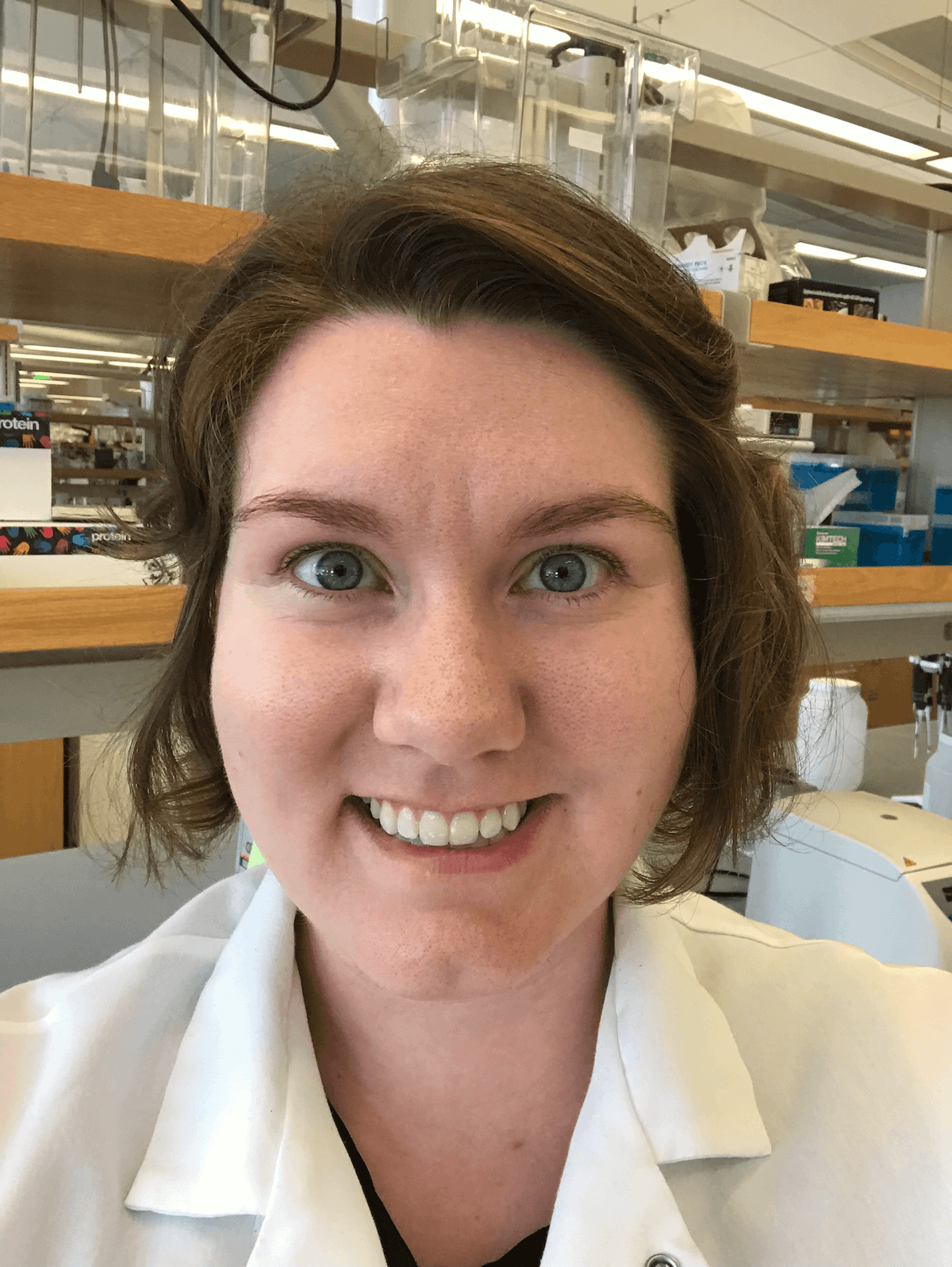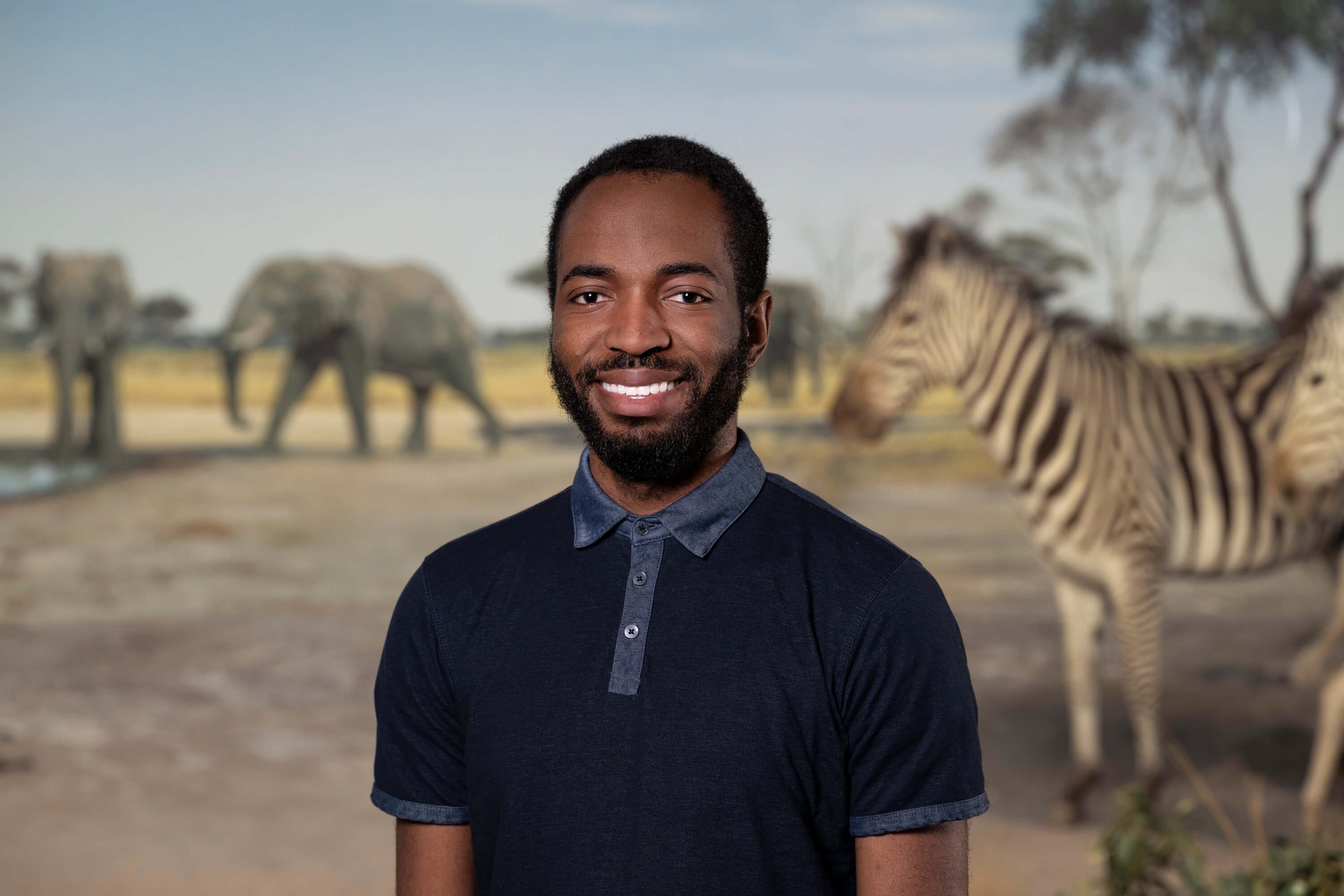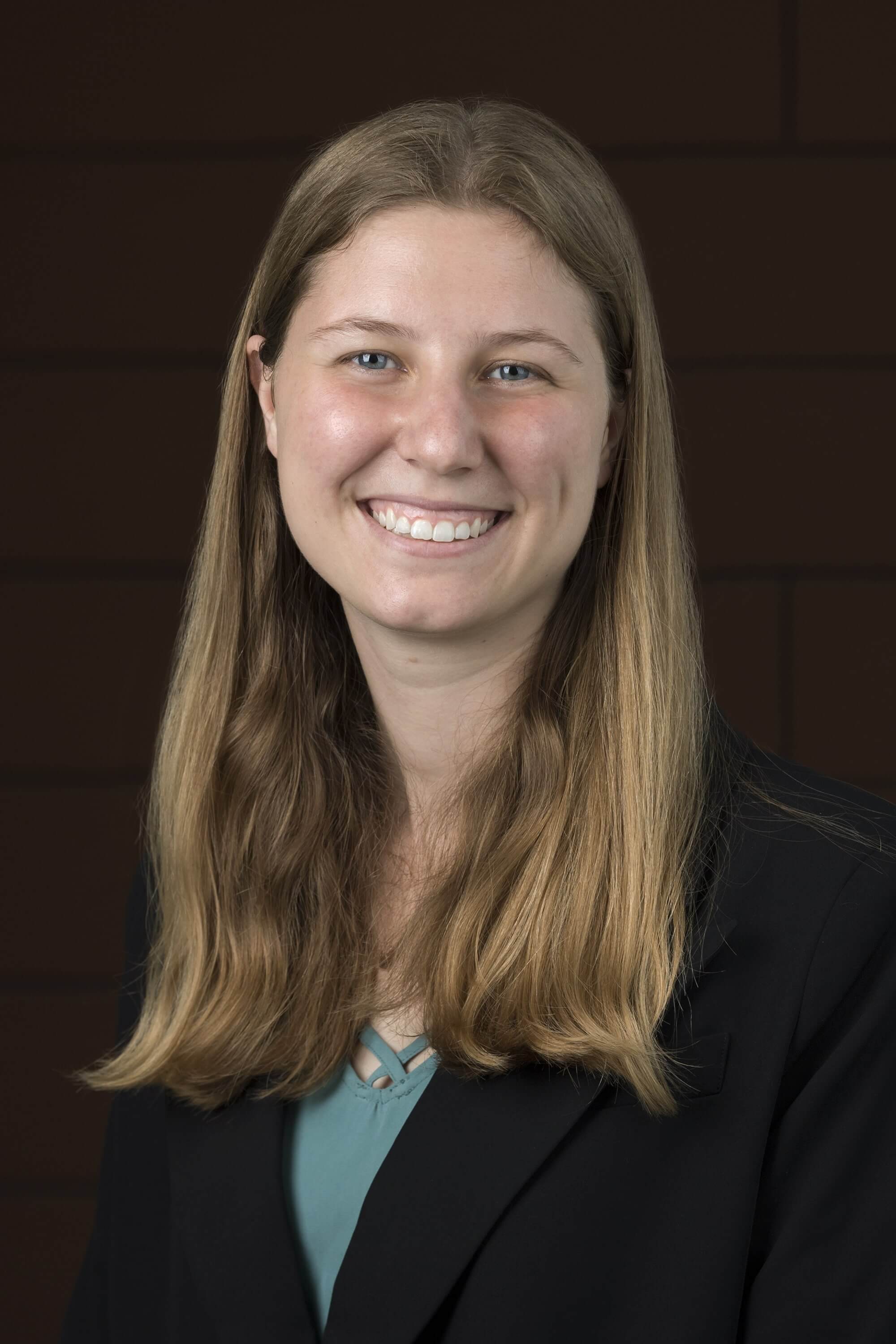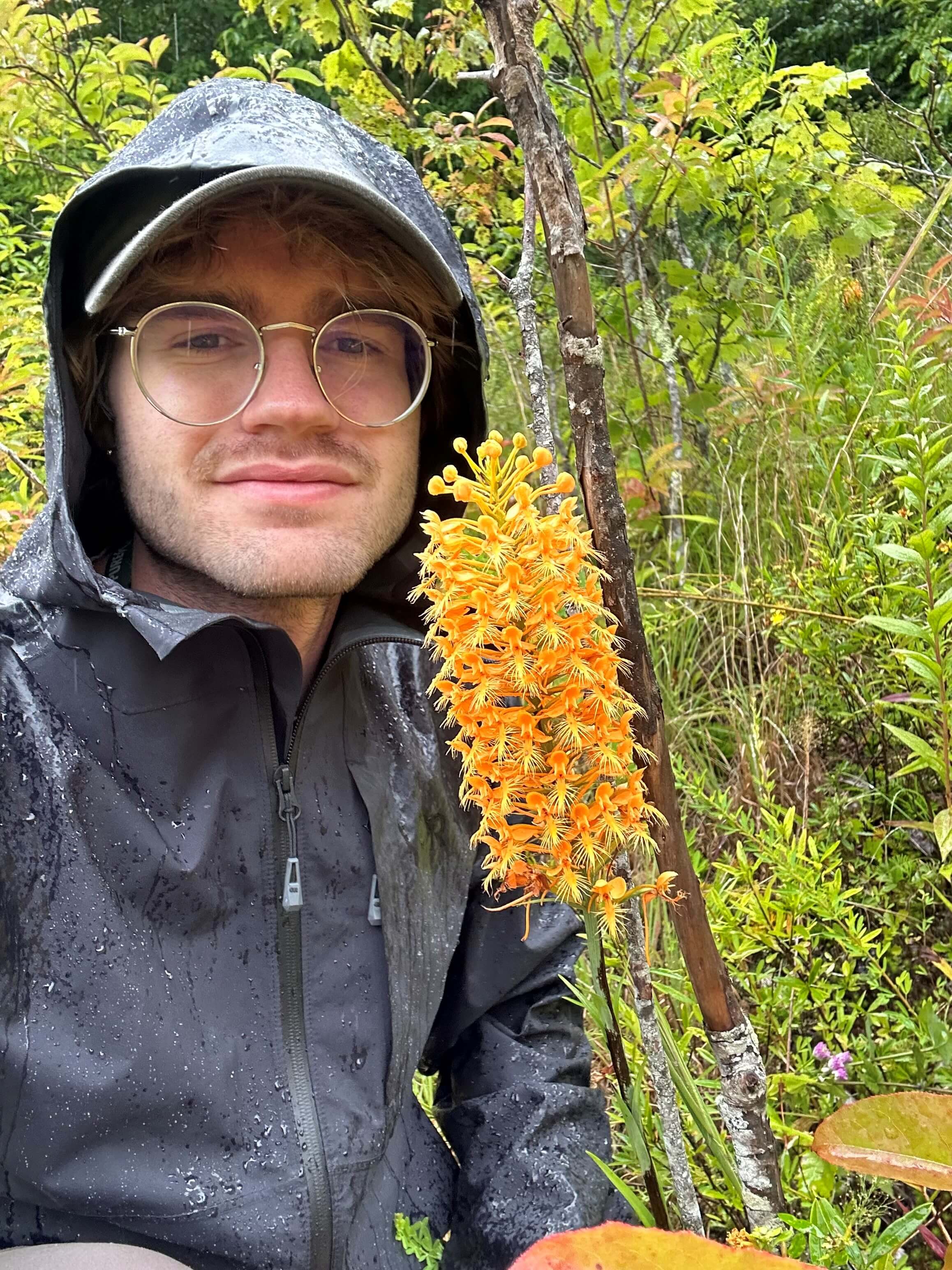The Biodiversity Collections Network (BCoN) has identified six emerging and early career professionals who will join the steering committee of the National Science Foundation-funded project, “Building an Integrated, Open, Findable, Accessible, Interoperable, and Reusable (BIOFAIR) Data Network.”
The BIOFAIR Data Network project, led by BCoN in partnership with the American Institute of Biological Sciences (AIBS), will convene stakeholders from across the spectrum of biodiversity, ecological, and environmental data providers, curators, and users, with the goal of initiating a collaborative and accessible partnership towards an integrative and expanded data network. Over the next two years, the six newly recruited members will work with the core steering committee to catalyze cross-domain discussions, identify a set of shared biodiversity data needs and goals, and develop a collaborative plan that will inform the cross-domain integration of digital data.
Learn more about the BIOFAIR Data Network project.
Meet the new recruits:
Nimanthi Abeyrathna
Ph.D. Candidate, Interdisciplinary Bioscience and Biotechnology, Biology Department, Clarkson University, New York
Nimanthi Abeyrathna is interested in invasive species dynamics, evolutionary changes in introduced species, management of invasive species, and developing sustainable biodiversity conservation plans. Currently in her Ph.D. studies, she is using genomic data of two invasive species to answer fundamental questions of their invasion dynamics. Nimanthi comes from a diverse background and has been trained as a field ecologist as well as a molecular ecologist. Her undergraduate research was based on insecticide resistance gene mutations of invasive Aedes albopictus mosquito in Sri Lanka, while her Master’s research involved analyzing deer vehicle accident rates due to Daylight Savings time and understanding the effectiveness of turtle fences across the rural highways in New York state. Nimanthi is excited to be a part of the BIOFAIR Data Network project to build an integrated and open data network that advances our understanding of biodiversity.
David Kunkel
Ph.D. Candidate, Department of Plant Biology, Ecology, and Evolution at Oklahoma State University
David Kunkel is a Ph.D. candidate and Graduate Teaching Associate in the Department of Plant Biology, Ecology, and Evolution at Oklahoma State University. He is from Tamaqua, Pennsylvania and received his B.S. in Biology from Misericordia University. His research focuses on investigating the link between ecological niche, lineage diversification, and functional traits using the American species of Asclepias (milkweeds) as his study system. He utilizes species distribution modeling to predict how his ecologically important study species will respond to future climate change. David has a longstanding interest in understanding the underlying mechanisms that contribute to the biodiversity of plants, both from an ecological and evolutionary perspective. He is also committed to the advancement of accessibility in science, particularly as it relates to data transparency and the transfer of knowledge beyond academic boundaries.
Brooke Long-Fox
Data Curation Scientist, Phoenix Bioinformatics
ADVANCE Project Coordinator, South Dakota Mines
Dr. Brooke Long-Fox is a Data Curation Scientist at Phoenix Bioinformatics (Newark, California) and an ADVANCE Project Coordinator for South Dakota Mines (Rapid City, SD). She received her Ph.D. in Geology and Geological Engineering with a Paleontology emphasis from South Dakota Mines (2022), resulting in a dissertation on the genetic, taxonomic, and functional diversity of lucinid bivalves from anthropogenically-altered coastal ecosystems. She received an MS degree in Paleontology from South Dakota Mines (2016), a B.S. in Geology with a minor in Environmental Science from Texas Christian University (2014), and graduated from Ursuline Academy in New Orleans (2010). Brooke’s research is in the multidisciplinary field of conservation paleobiology, which intersects ecology and evolutionary biology with aspects of time and space that are more commonly found in paleontology and geology. Dr. Long-Fox is dedicated to FAIR biological data and advocating for DEAI in STEM.
Cameron Pittman
Assistant Collections Manager of Vertebrate Zoology, Denver Museum of Nature & Science
Cameron Pittman is a museum professional involved in managing natural history collections, incorporating the tasks of digitization, preparation, and conservation. He received a BS in Wildlife & Fisheries Science from the University of Georgia in 2020, where during his term, interned at the Georgia Museum of Natural History. It was in this museum that Cameron discovered amazing careers in museum collections, learning different methods of specimen preparation and preservation. Afterward, Cameron attended the Museum and Field Studies program at the University of Colorado Boulder, where he worked in the University of Colorado Museum of Natural History’s Vertebrate and Invertebrate Collections and was awarded with a Master’s of Science in 2023. His thesis focused on using CT scanning to gather morphological data on a potentially unique shrew species in Colorado. Following graduation, Cameron began working as the Assistant Collections Manager of Vertebrate Zoology at the Denver Museum of Nature and Science.
Julia Portmann
Research Associate, Center for Biodiversity and Global Change, Yale University
Julia Portmann graduated from Washington College in 2019 with a B.S. in Biology and Environmental Science, followed by a year of assorted AmeriCorps programs. During this time, she worked with numerous taxa including birds, mammals, macroinvertebrates, fish, plants, and more! In 2022, Julia graduated from James Madison University with a M.S. in Biology. Her research assessed stream restoration in the Chesapeake Bay watershed using biotic stream condition indicators and their relationship with surrounding land use. She then completed two terms with the NASA DEVELOP program using remote sensing data to address environmental issues and taught at the University of New Haven. Now, Julia is a research associate with the Map of Life at Yale University, where she helps manage, clean, and prepare large datasets for use in mapping efforts and global biodiversity indicators. In her spare time, she likes to hike, bake, and hang out with her cats!
Matthew Sheik
Collections Assistant, Denver Botanic Gardens
Matthew Sheik received his Bachelor’s degree in Biology from West Virginia University (WVU) in Morgantown, West Virginia in 2020 and his Master’s in Environmental Science and Policy from George Mason University (GMU) in Fairfax, Virginia in 2022. His interest in floristics and herbarium management sprouted in 2018 during a Summer Research Experience for Undergraduates (REU) in Stephenville, Texas working on riparian zone ecology along the Texas Colorado River. He went on to become a work study student at the WVU Herbarium and then a Graduate Herbarium Research Assistant at the GMU Herbarium. Matthew is particularly interested in advocating for the importance of small, regional collections and has worked to curate and digitize these kinds of collections in Virginia and West Virginia. He currently serves as the Collections Assistant for Denver Botanic Gardens where he continues to be a steward of specimen data and an advocate for natural history collections.

